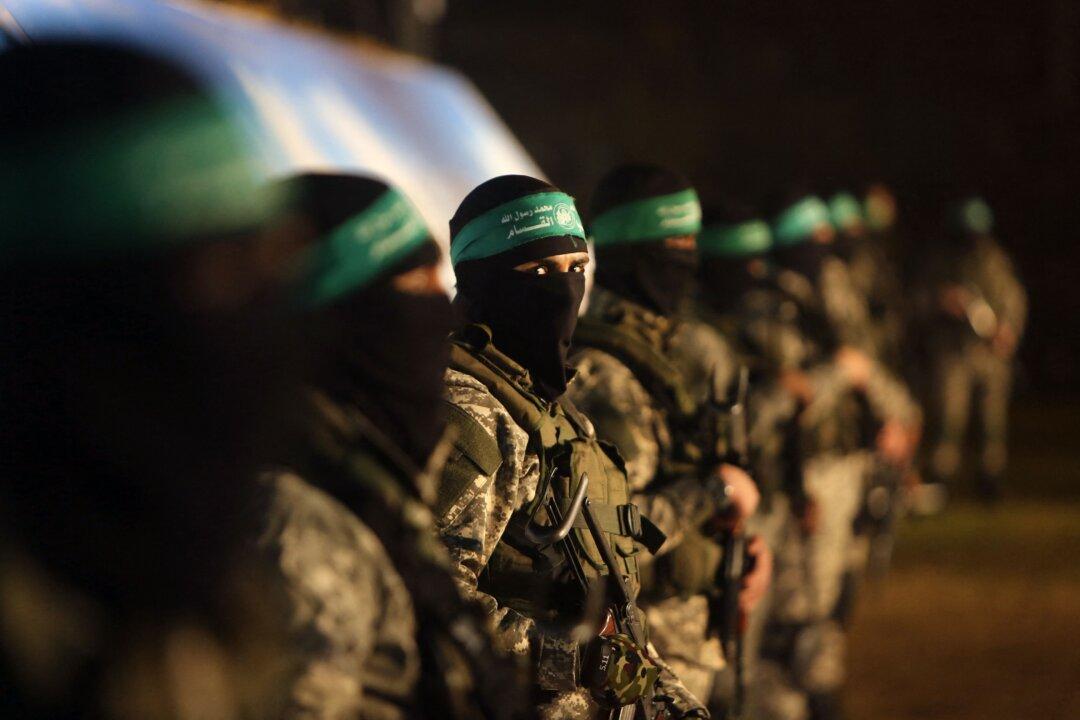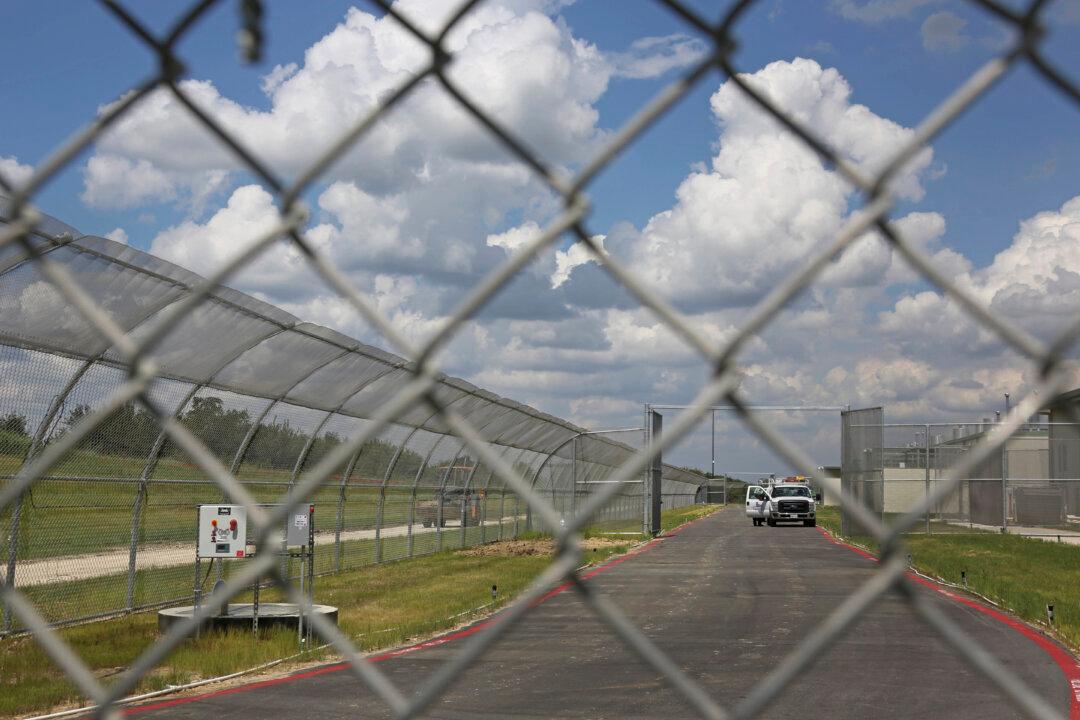Hamas has responded to a Qatar-proposed hostage–prisoner swap between the terrorist group and Israel.
In a statement, Hamas said that it “dealt with the proposal in a positive spirit, ensuring a comprehensive and complete ceasefire, ending the aggression against our people, ensuring relief, shelter, and reconstruction, lifting the siege on the Gaza Strip, and completing a prisoner exchange.”





